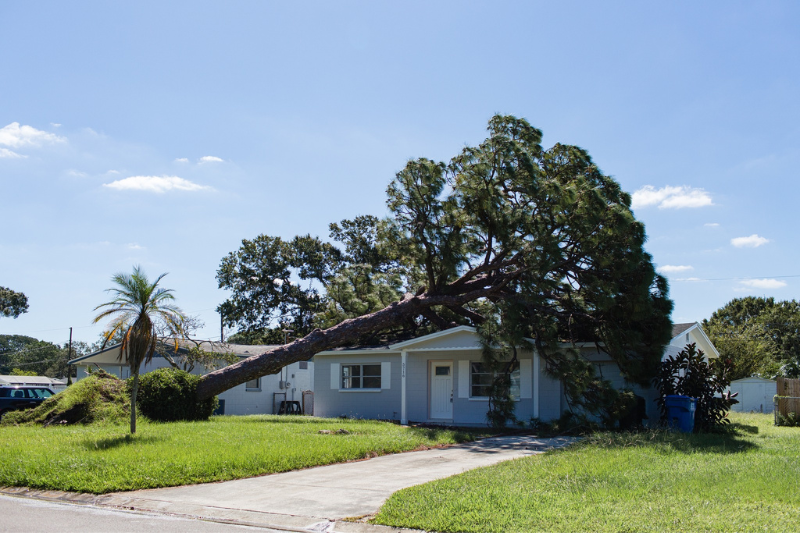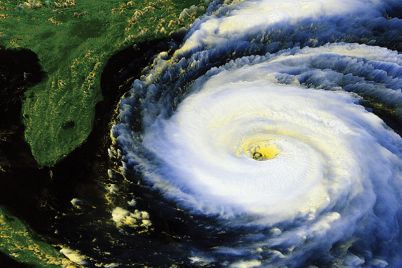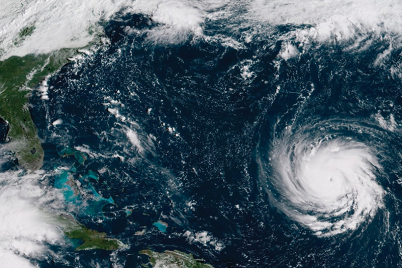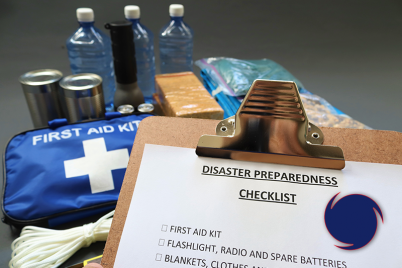On Oct. 14, the Initiative on Coastal Adaptation and Resilience members will host a town hall from 10-1 p.m. at Mt. Zion Progressive Missionary Baptist Church, 955 20th St. S. A tree fell on the home above during Hurricane Idalia in St. Pete. | Photo courtesy of The City of St. Petersburg.
ST. PETERSBURG — Floridians are already experiencing the effects of climate change, including increasingly powerful hurricanes, sunny day flooding and more. And research has shown that those in less affluent and diverse neighborhoods are being disproportionately affected.
To counteract this, faculty from the University of South Florida are stepping in to help residents in south St. Petersburg become more resilient against the threat of natural disasters.
On Oct. 14, the Initiative on Coastal Adaptation and Resilience or iCAR members will host a townhall from 10-1 p.m. at Mt. Zion Progressive Missionary Baptist Church, 955 20th St. S in St. Petersburg. Admission is free, and lunch will be served.
In addition, attendees will receive free hurricane/hygiene kits while supplies last. The first 15 people to arrive will get $15 Publix gift cards. All participants will be entered into a drawing to win a free weather radio.
The event is an opportunity for residents to learn about disaster preparation and the availability of resources. People are also encouraged to share their concerns, experiences, and challenges. There will also be a discussion of ongoing neighborhood-level initiatives.
A special recognition award will be presented to the most active neighborhood-based committee member who recruits the most attendees to the townhall.
Based on USF’s St. Petersburg campus, iCAR aims to help the local community prepare and become more resilient to future environmental changes. It is led by GIS and Remote Sensing Professor Barnali Dixon, who has developed an innovative tool called the Community Resilience Information System or CRIS, which uses citizen engagement and crowdsourced data from St. Petersburg residents to gain insights on the local impacts of climate change.
Dixon was recently awarded a National Science Foundation grant to transform CRIS into a web-based application called CRIS-HAZARD. The platform allows residents to input data on their phones related to local flooding and power outages, which government officials and neighborhood leaders can use to make policy and resource allocation decisions. The data also allows emergency managers to identify areas with concentrations of people who need transportation assistance, food, or are reliant on power for medical needs.
Dixon has been working with community leaders from south St. Petersburg neighborhoods for several years, where residents have successfully used the system to prepare for extreme storm events.
“The overall goal of these townhalls and CRIS is to empower the community,” Dixon said. “Over time, we hope to reduce marginalization.”











